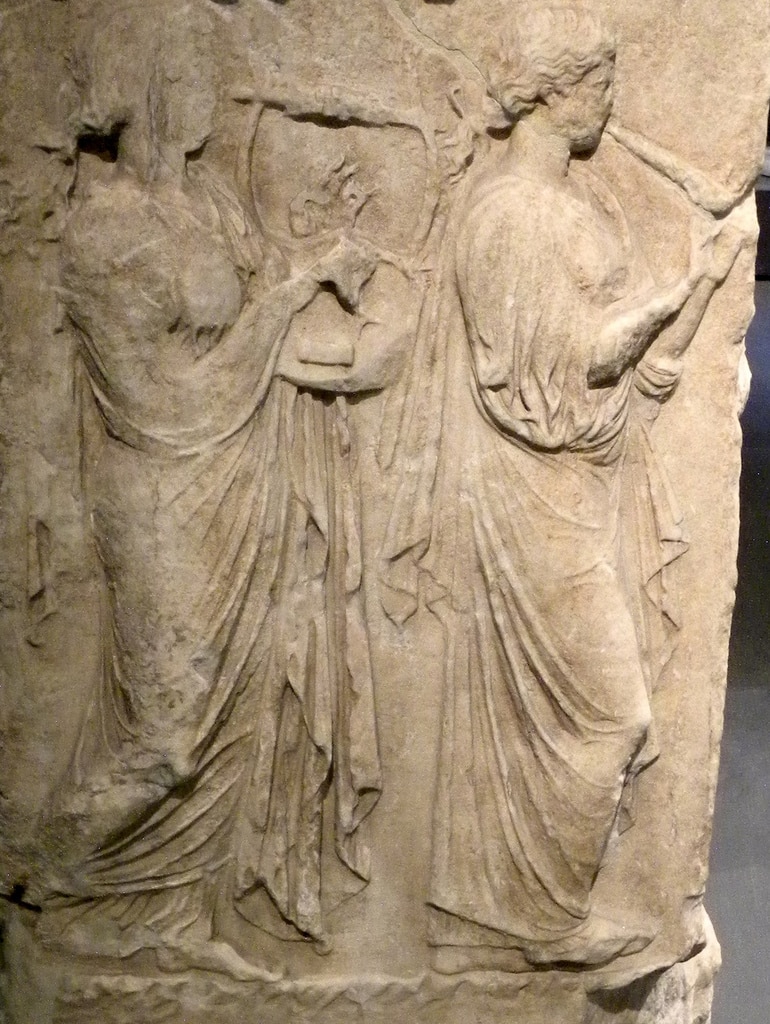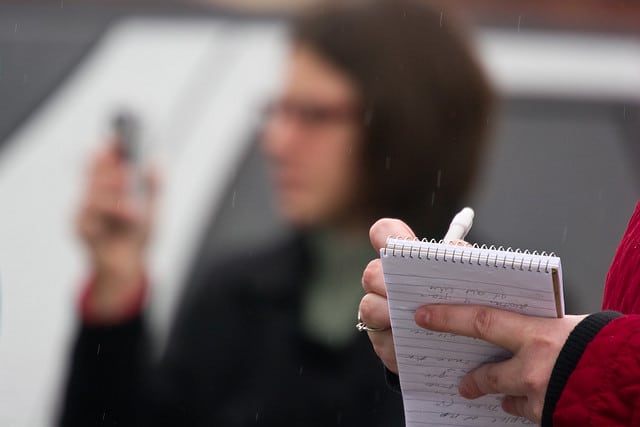Since my last post, I’ve almost finished Tomcat In Love, and it has been somewhat of an exercise in frustration. This isn’t due to the book itself; it’s more due to the fact that the narrator is one of the most profoundly annoying protagonists I’ve ever encountered in fiction. He is a narcissist with a complete lack of self-awareness (at least until the last forty pages), and an unrepentant womanizer. Early on in the novel, we’re introduced to a woman who immediately provides a voice of reason, and helps serve as a reader surrogate. Everything that Thomas believes himself to be, Donna firmly states this is not the case, and her protests to his behavior make his ridiculous narcissism stand out even more boldly. She is a perfect foil to Thomas’s insanity.







